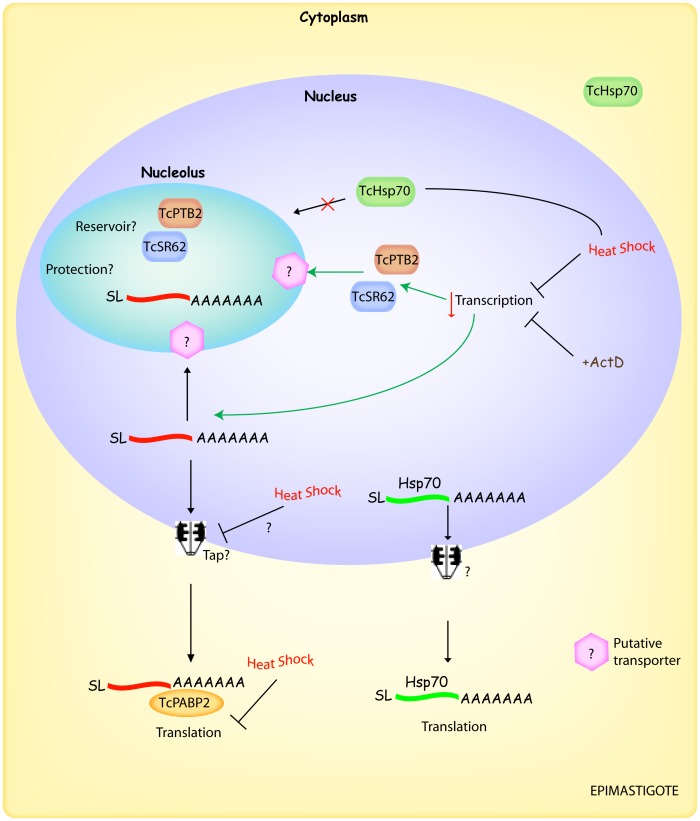Figure 4. Integrative model showing the behaviour of RBPs and mRNAs in response to severe heat shock in T. cruzi.
Under normal conditions, the mRNAs are exported to the cytoplasm to be target either to translation, storage or degradation. When epimastigotes are exposed to severe heat shock, there is a decrease in transcription which likely triggers the nucleolar accumulation of certain RBPs (for instance, TcSR62 and TcPTB2). In addition, mRNAs are relocalized into the nucleolus where they might be stored/protected until favourable environmental conditions are resumed. On the other hand, the Hsp70 mRNA could bypass such nucleolar retention, being transported to the cytoplasm where its translation can continue even under severe heat shock. Unidentified, but probable, factors/events are indicated with a question mark. See the discussion section for details. SL, spliced leader.

